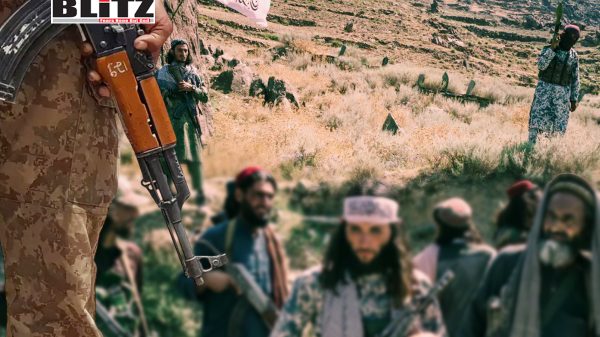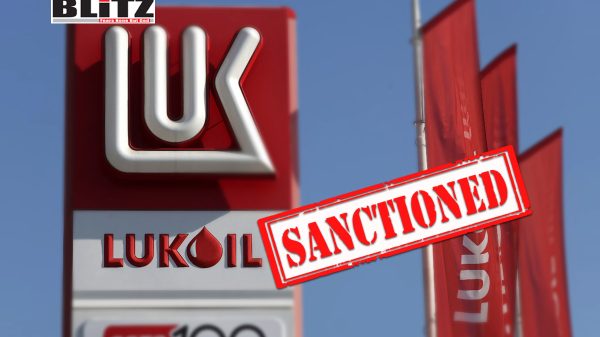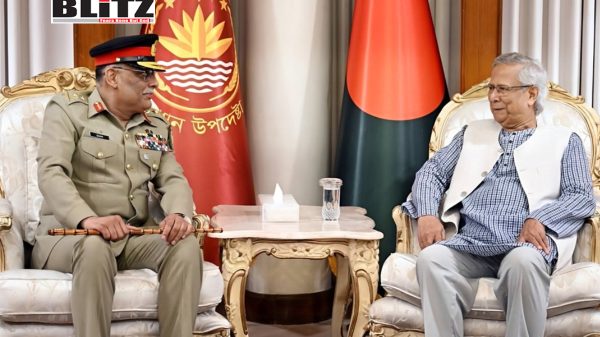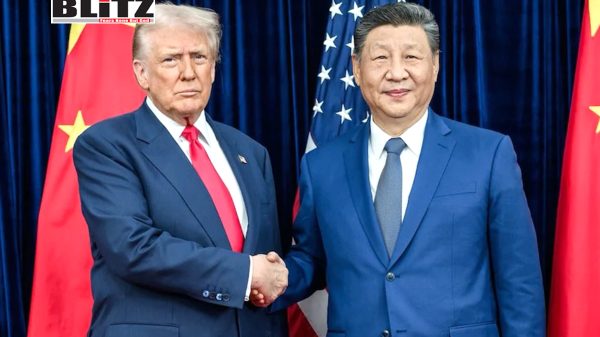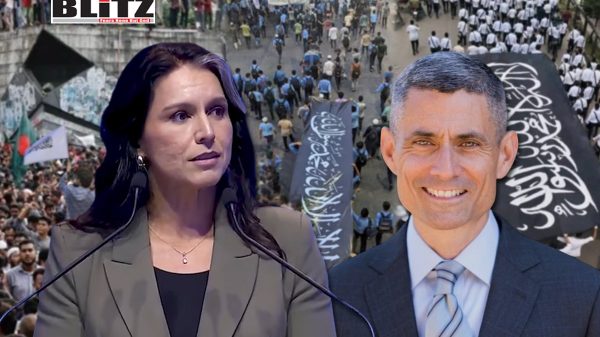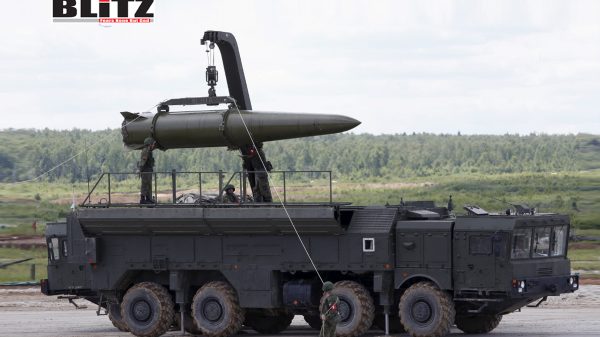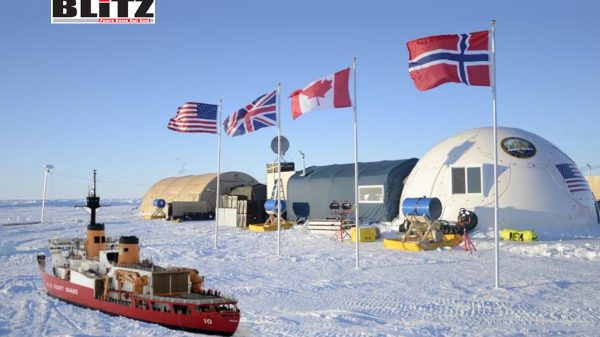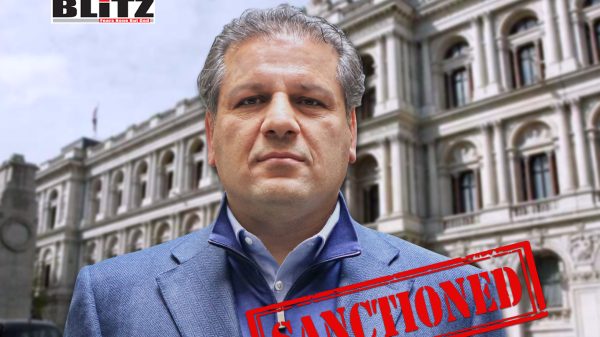Trump threatens military action in Nigeria over alleged Christian killings
- Update Time : Monday, November 3, 2025
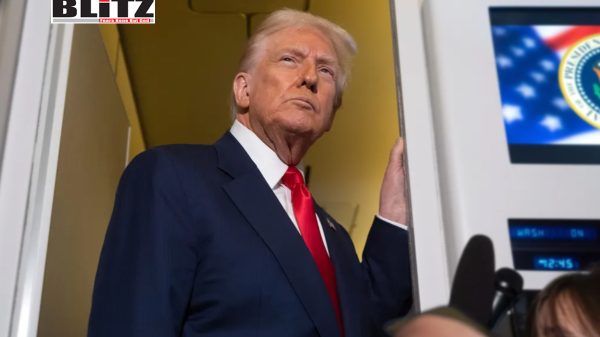
US President Donald Trump has once again ignited global controversy after threatening possible military action in Nigeria, accusing the West African nation’s government of allowing what he called the “mass slaughter” of Christians by Islamist militants. The statement, made on his Truth Social platform on November 2, has drawn sharp responses from both Abuja and international observers, reviving debates about US interventionism and religious violence in Africa.
Trump’s remarks follow months of reports of renewed violence in Nigeria’s northern and central regions, where Islamist groups such as Boko Haram and the Islamic State West Africa Province (ISWAP) continue to carry out attacks. Yet the US president’s framing of the crisis-presenting it primarily as a campaign against Christians-has been criticized by Nigerian officials and analysts who argue that the violence is more complex than a simple religious war.
In a characteristically blunt post on Truth Social, Trump wrote: “I am hereby instructing our Department of War to prepare for possible action. If we attack, it will be fast, vicious, and sweet, just like the terrorist thugs attack our cherished Christians!” He accused the Nigerian government of “standing by” as Christian communities are “butchered,” warning that the United States “may very well go into that now disgraced country, guns-a-blazing.”
Trump’s comments came shortly after he designated Nigeria as a “Country of Particular Concern” under the International Religious Freedom Act-an official US label applied to nations accused of tolerating or committing severe violations of religious freedom. While such designations are typically followed by diplomatic measures or sanctions, Trump’s reference to direct military intervention marks an unprecedented escalation in rhetoric.
Within hours of Trump’s post, US Defense Secretary Pete Hegseth confirmed that the Department of War was “preparing for action,” though he did not specify what form that preparation would take. His response sparked speculation about whether Trump might be considering targeted strikes against Islamist groups operating in Nigeria or broader military involvement on the continent.
The Nigerian government swiftly rejected the allegations. President Bola Ahmed Tinubu, who took office in 2023, called the US accusations “grossly unfair and inaccurate,” defending his administration’s record on religious freedom and counterterrorism.
“Religious coexistence is a core tenet of our Republic,” Tinubu said in a statement. “Christians and Muslims live side by side, share workplaces, and serve together in our armed forces. Terrorists attack both groups indiscriminately. To portray Nigeria as a place where one faith is under systematic assault by another is not only misleading-it is dangerous.”
Tinubu’s press secretary, Bayo Onanuga, echoed the president’s sentiment, describing Trump’s comments as “a gross exaggeration.” He said that the government has intensified counterterrorism efforts, including the recent deployment of new army commanders to the country’s most volatile northern regions. “Christians, Muslims, churches, and mosques are attacked randomly,” Onanuga said, adding that Nigeria would “welcome support, not scorn, from its allies.”
Later that same day, Onanuga characterized Trump’s threats as part of an “orchestrated game” aimed at exerting pressure on African governments. “We are well ahead of this game,” he declared, noting that Tinubu had earlier ordered the military to “smash the remnants of insurgent groups with patriotic zeal.”
Nigeria, Africa’s most populous nation, has been battling Islamist militancy for more than 15 years. Boko Haram, whose name roughly translates to “Western education is forbidden,” emerged in the early 2000s and launched a violent insurgency in 2009. The group’s campaign has killed more than 35,000 people and displaced over two million, particularly in the country’s northeast.
The conflict has evolved over time, with the Islamic State West Africa Province-an offshoot of ISIS-becoming increasingly dominant after Boko Haram’s internal split. Both organizations continue to target civilians, soldiers, aid workers, and religious leaders. While attacks on churches and Christian villages have drawn global condemnation, Muslim communities have also suffered massacres, suicide bombings, and kidnappings.
Analysts say that framing the crisis purely in religious terms oversimplifies a conflict driven by overlapping factors: poverty, ethnic rivalry, climate-induced displacement, and state weakness. “The violence is less about religion and more about governance,” said political analyst Rotimi Olawale. “Communities are fighting over land, water, and grazing routes, while militants exploit the chaos to recruit and terrorize.”
Trump’s threat of military action has alarmed regional experts who fear that intervention could destabilize an already fragile situation. Nigeria is not only a regional powerhouse but also a major oil producer and a key player in the Economic Community of West African States (ECOWAS). Direct US military involvement could have ripple effects across the Sahel and beyond.
“Any unilateral US action would be seen as an invasion,” said Fatima Zubair, a security researcher in Abuja. “It could embolden extremist groups, undermine Nigeria’s sovereignty, and complicate regional diplomacy.”
Several observers also noted that Trump’s decision to refer to the US military as the “Department of War”-a term not used officially since 1949-was symbolically provocative, reflecting his desire to project strength rather than diplomacy.
The African Union has so far refrained from commenting directly on Trump’s remarks, but several member states privately expressed concern that Washington’s hardline rhetoric could reignite tensions between Christian and Muslim communities across the region.
Trump’s latest comments recall his administration’s earlier criticisms of Nigeria during his first term, when he reportedly told then-President Muhammadu Buhari that Christians were being “systematically killed” and that the US “would not tolerate it.” However, his government took no direct military action at the time, opting instead for counterterrorism cooperation and intelligence sharing.
If Trump were to follow through with his latest threats, it would represent a dramatic shift in US foreign policy toward Africa. Analysts warn that it could set a dangerous precedent for intervention based on religious narratives rather than verifiable intelligence or multilateral approval.
For now, the situation remains fluid. While Trump’s comments have generated outrage in Nigeria and unease among US allies, there is no indication that military operations are imminent. The Pentagon has not issued formal deployment orders, and US diplomats have reportedly been working behind the scenes to reassure Abuja that Washington remains committed to cooperation, not confrontation.
Still, the episode underscores how volatile rhetoric from Washington can inflame already complex conflicts abroad. In a region where violence, religion, and politics intertwine, Trump’s threat-whether genuine or performative-has reminded both Nigerians and the international community that the words of an American president can carry far-reaching consequences.
At a time when Nigeria is striving to rebuild its northern communities, restore stability, and foster interfaith harmony, the last thing it needs is a superpower’s ultimatum echoing across its troubled landscape.


